News
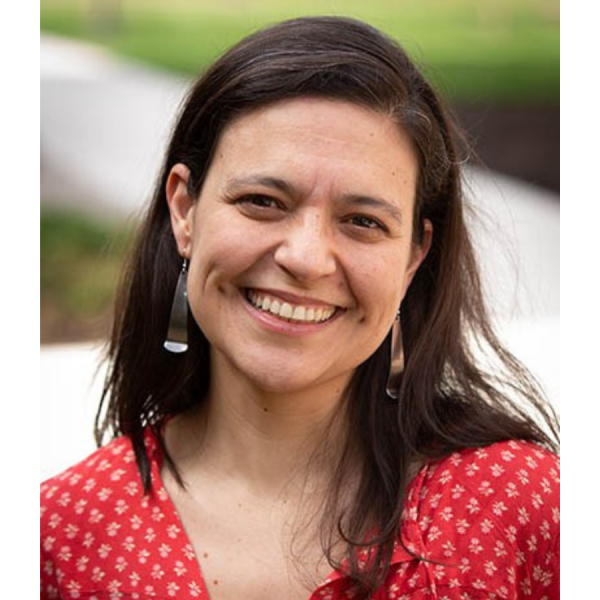
Jan 28, 2025
López-Uribe awarded presidential honor for early career scientists
Margarita López-Uribe, the Lorenzo L. Langstroth Early Career Professor of Entomology in the College of Agricultural Sciences, was awarded the Presidential Early Career Award for Scientists and Engineers by President Biden earlier this month.
Full Article

Jan 27, 2025
Three faculty receive Presidential Early Career Award for scientists, engineers
Three Penn State researchers have been awarded the Presidential Early Career Award for Scientists and Engineers (PECASE), the White House announced on Jan. 14.
Full Article
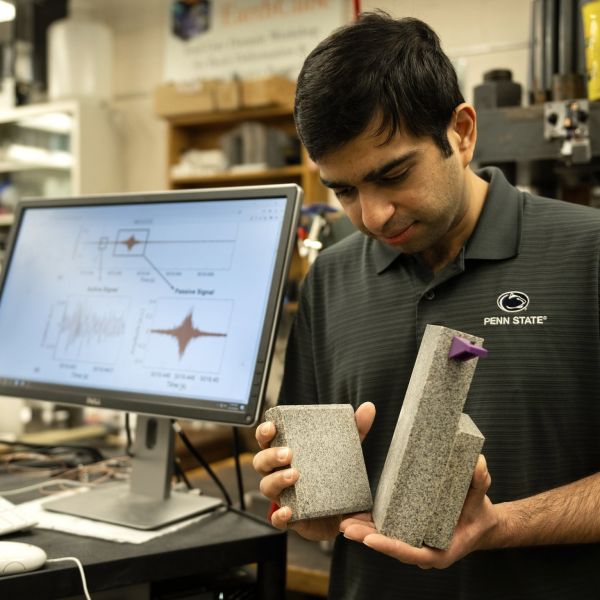
Jan 24, 2025
Predicting lab earthquakes with physics-informed artificial intelligence
By refining an artificial intelligence approach to predicting earthquakes in the laboratory, or labquakes, engineers at Penn State are paving the way to one day help forecast natural earthquakes.
Full Article
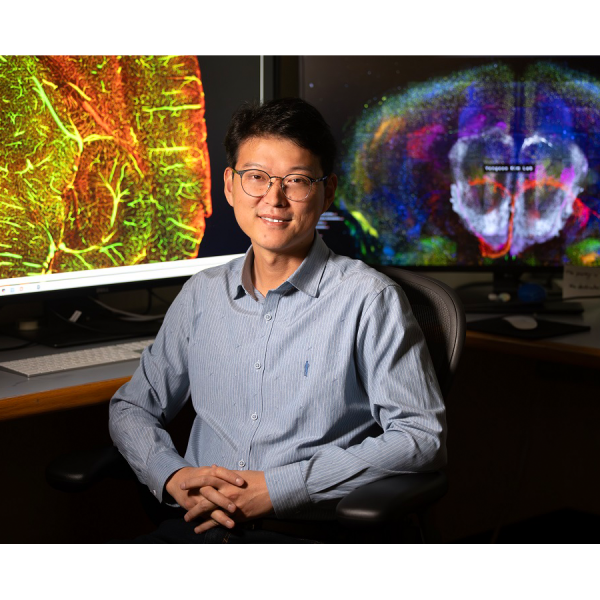
Jan 23, 2025
$17.9M NIH grant to research neurodevelopment disorders
Illuminating key biological pathways that underlie neurodevelopmental and psychiatric disorders, such as autism spectrum disorder and attention deficit hyperactivity disorder, is the goal of a new five-year, $17.9 million grant from the National Institutes of Health’s National Institute of Mental Health to a national team of researchers.
Full Article
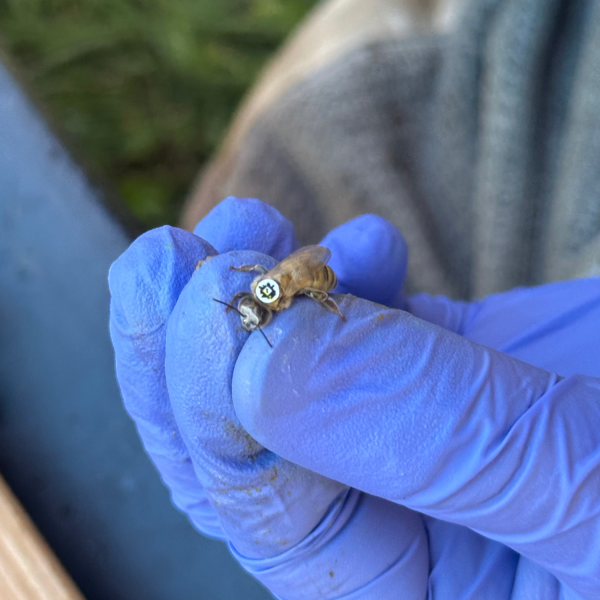
Jan 23, 2025
‘Buzz me in:’ Bees wearing itty bitty QR codes reveal hive secrets
Researchers attached QR codes to the backs of thousands of bees to track when and for how long they left their hives.
Full Article

Jan 08, 2025
Predicting the progression of autoimmune disease with AI
A new artificial intelligence model more accurately predicts who — among those with preclinical symptoms of autoimmune disease — will proceed to advanced disease stage.
Full Article

Jan 02, 2025
Pet dogs often overlooked as spreader of antimicrobial-resistant Salmonella
A team of Penn State researchers have found that household dogs are an overlooked transmission point for zoonotic pathogens such as nontyphoidal Salmonella.
Full Article

Jan 28, 2025
New Annual Summit Focuses on Graduate Student Resiliency
Earlier this month, the Huck Institutes, in partnership with the J. Jeffrey and Ann Marie Fox Graduate School at Penn State, hosted the Inaugural Huck Institutes T32 Summit.
Full Article
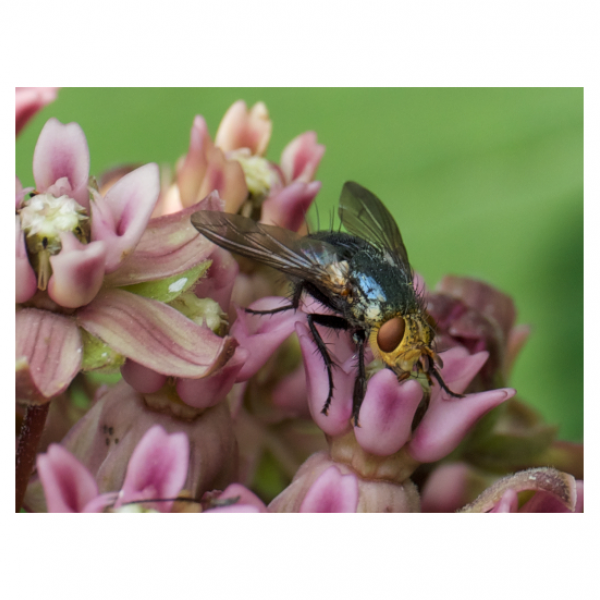
Jan 02, 2025
Pollinators most vulnerable to rising global temperatures are flies, study shows
New research led by Penn State scientists suggests flies are increasingly at risk due to rising global temperatures.
Full Article
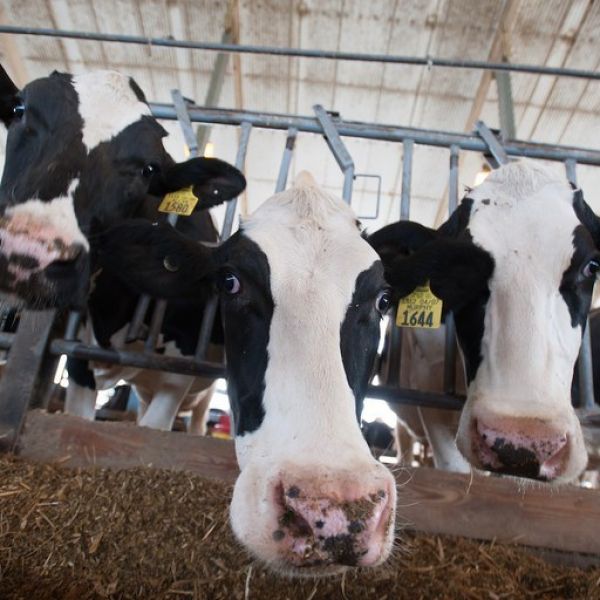
Jan 02, 2025
New treatment for dairy cows could help fight antibiotic resistance, study finds
A concentrated sugar solution could be just as effective as antibiotics at treating a common infection in dairy cows, according to a new study led by researchers at Penn State.
Full Article